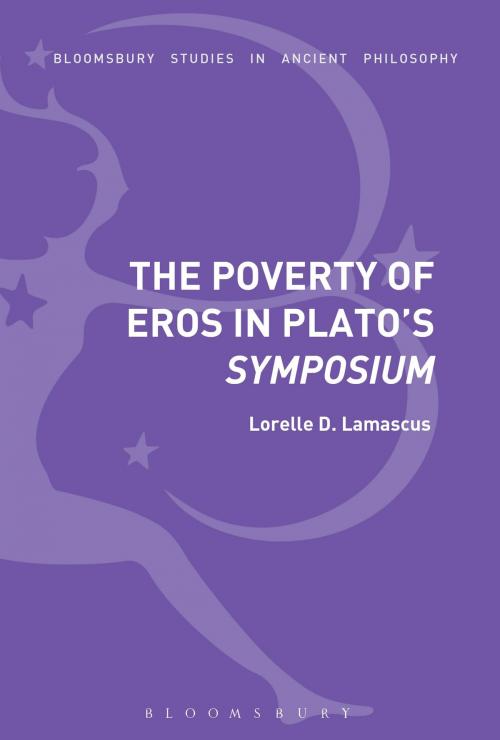The Poverty of Eros in Plato’s Symposium
Nonfiction, Religion & Spirituality, Philosophy, Ancient, History, Ancient History, Greece, Ethics & Moral Philosophy| Author: | Lorelle D. Lamascus | ISBN: | 9781474213813 |
| Publisher: | Bloomsbury Publishing | Publication: | March 24, 2016 |
| Imprint: | Bloomsbury Academic | Language: | English |
| Author: | Lorelle D. Lamascus |
| ISBN: | 9781474213813 |
| Publisher: | Bloomsbury Publishing |
| Publication: | March 24, 2016 |
| Imprint: | Bloomsbury Academic |
| Language: | English |
The Poverty of Eros in Plato's Symposium offers an innovative new approach towards Eros and the concept of Eros in the Symposium. Lorelle D. Lamascus argues that Plato's depiction of Eros as the child of Poverty (penia) and Resource (poros) is central to understanding the nature of love. Eros is traditionally seen as self-interested or acquisitive, but this book argues instead that Eros and reason are properly in accord with one another. The moral life and the philosophical life alike depend upon properly trained and directed Eros.
Lamascus demonstrates that the presentation of the nature of Poverty is essential to the nature of Eros in the Symposium, doing this through in-depth discussion of the major twentieth century interpretations of Platonic Eros. The book shows that poverty provides an appropriate directing of Eros towards eternal and unchanging goods (and away from an age geared towards material items and wealth), and thus that Plato's mythical treatment of Eros in the Symposium lays the groundwork for understanding the soul's embrace of poverty as a way of living, loving, and knowing.
The Poverty of Eros in Plato's Symposium offers an innovative new approach towards Eros and the concept of Eros in the Symposium. Lorelle D. Lamascus argues that Plato's depiction of Eros as the child of Poverty (penia) and Resource (poros) is central to understanding the nature of love. Eros is traditionally seen as self-interested or acquisitive, but this book argues instead that Eros and reason are properly in accord with one another. The moral life and the philosophical life alike depend upon properly trained and directed Eros.
Lamascus demonstrates that the presentation of the nature of Poverty is essential to the nature of Eros in the Symposium, doing this through in-depth discussion of the major twentieth century interpretations of Platonic Eros. The book shows that poverty provides an appropriate directing of Eros towards eternal and unchanging goods (and away from an age geared towards material items and wealth), and thus that Plato's mythical treatment of Eros in the Symposium lays the groundwork for understanding the soul's embrace of poverty as a way of living, loving, and knowing.















